Coaching Culture. How to Lead Through Effective Coaching Conversations
Discover how Bob Chapman’s leadership revolution at Barry-Wehmiller demonstrates the transformative power of coaching conversations to foster growth and trust.




